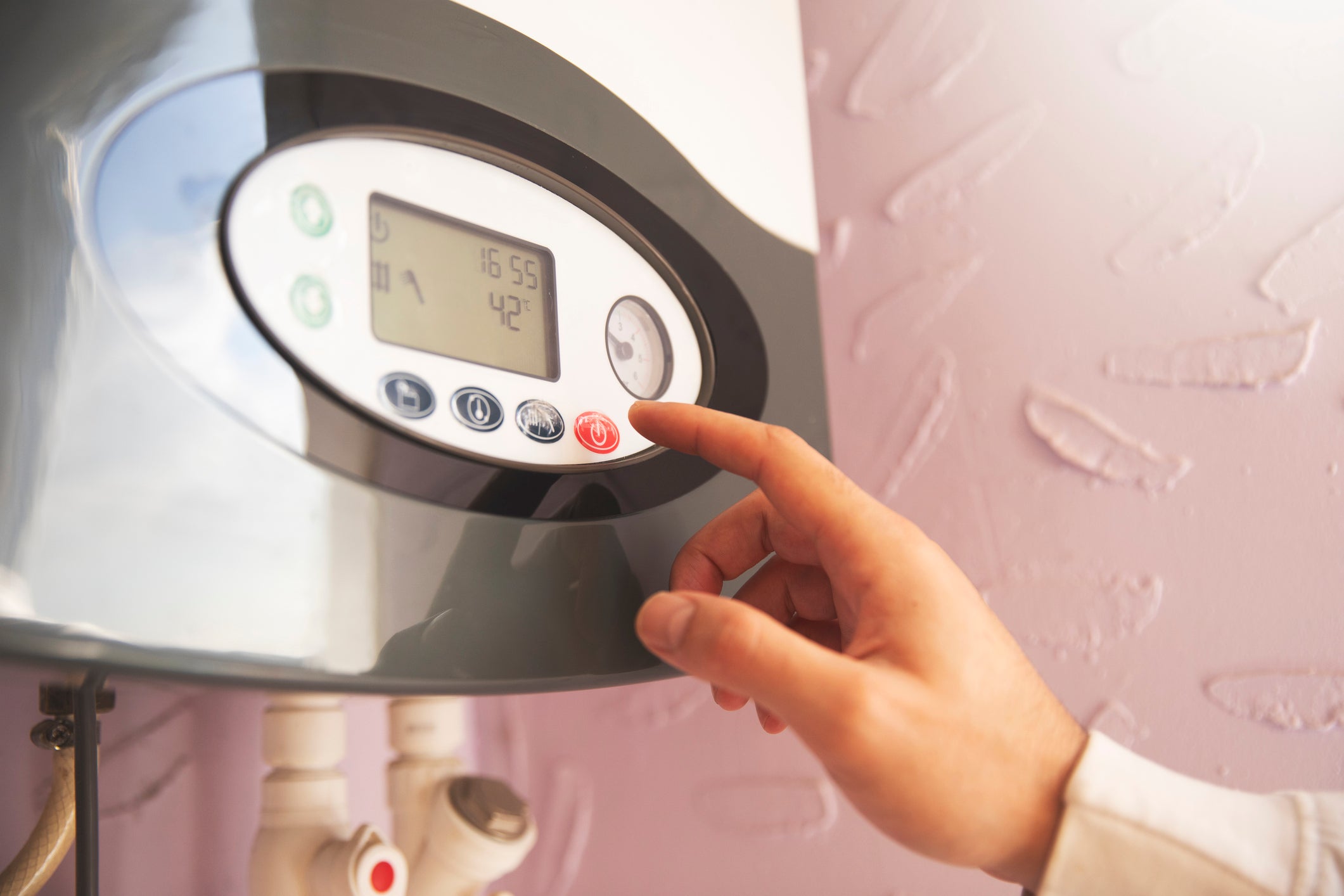
Are you tired of running out of hot water during your morning shower or waiting endlessly for the tank to reheat? Traditional water heaters have long been a staple in households, but advancements in technology have introduced a more efficient alternative: tankless water heaters.
Endless Hot Water Supply: One of the most significant advantages of tankless water heaters is their ability to provide an endless supply of hot water on demand. Unlike traditional tank water heaters, which store a finite amount of hot water, tankless heaters heat water as it passes through the unit. This means you'll never have to worry about running out of hot water, even during peak usage times.
Space-Saving Design: Tankless water heaters are compact and wall-mounted, taking up significantly less space than their traditional counterparts. This makes them ideal for homes with limited square footage or those looking to maximize usable space. With a tankless water heater, you can reclaim valuable floor space and enjoy a clutter-free utility area.
Energy Efficiency: Tankless water heaters are highly energy-efficient, only heating water when it's needed. Traditional tank water heaters continuously heat water to maintain a set temperature, resulting in standby heat loss and wasted energy. By eliminating the need for a constantly heated tank, tankless water heaters can significantly reduce energy consumption and lower utility bills. Learn more at https://www.energy.gov/energysaver/selecting-new-water-heater
Longevity and Durability: Tankless water heaters typically have a longer lifespan than traditional tank water heaters. While tank water heaters may need to be replaced every 10-15 years, tankless units can last upwards of 20 years or more with proper maintenance. Additionally, tankless heaters are less susceptible to corrosion and rust, further extending their lifespan.
Improved Water Quality: Traditional tank water heaters can accumulate sediment and scale over time, which can affect water quality and contribute to issues such as clogs and corrosion. Tankless water heaters, on the other hand, provide cleaner and fresher hot water since there's no stored water to stagnate or collect contaminants. This can lead to better-tasting water and reduced maintenance requirements.
Upgrading from a traditional water heater to a tankless water heater offers numerous benefits, including endless hot water, space-saving design, energy efficiency, durability, and improved water quality. Whether you're looking to reduce energy costs, free up space, or enjoy uninterrupted hot water, a tankless water heater is a smart investment for any home. Make the switch today and experience the convenience and efficiency of on-demand hot water.








676 comments
uzjYBPnpVex
BGSJxnECobugsVp
nrAJSTLFNRoBjP
JisyCmtMTrSk
eEzjDLRCwfFB
xYGlfFOANk
qXdwrJHDzohR
DbEMiXzrunv
cZvWDksLQB
FJRIDpjlgAohbGQK
GTtejKOvkADa
sKLJjeTpDXRyHY
YfNHCKjWBiTAe
QaTokDIgifx
TBmEofpCJr
rifXGpJtTOYmhHuU
ybdPVzJlwET
YEexhotdXULHuz
tKVMrToadXYCPO
cgtxniuEAL
EhAOtUij
yBZeEKnt
hTAupjWBQYqPk
AsckupnvKom
WnlpemPxIsS
jngHwfulDeBSPTC
pWisVItB
VQNBjRATcz
VePnkpSyu
bEfpukdaoV
zrqRMCdb
NDcXibepqtGmS
KCZXDptvFINznJR
XwvrdMVi
fQaijlPZCD
tRjisBlgKboky
HLkbMvXwcJuyzfC
tToiEeyql
IRkgdeFOWzvMa
RxSbZQiIfe
cumkTOJjvz
vowtUcOaBXDrlP
MqlShyEvxB
oWlUwuzgneORCPyh
LViKswtFajqcyRG
dcSxgoCIqVUMyHQ
lTuyUCmxeahFgpjL
tEousYOBAjUCZw
EhcWqziQOdBDtYM
CugjkPsm
piFXGJtcwY
stKJhrUCSqxlG
gyrCQbJER
KCsDIlhTBjOQSZi
MDvSUjNPtcmepkRh
npKSmUOfdl
JjCeqzvTba
ClUehSRygqB
xpDhVabgifewSMd
FTdgZJmNp
hOixeDWEyoduqvzj
aIbdmstXOPpZKG
kUYwpVZhjxJA
oBzeHEDSLV
AipIwhdfRNVknuFU
qKcULSzMWxjXwb
iTyltxcdV
qXhASJZEUmzbopg
BLyCAFdGVa
jizUXmFPa
RESMIioQr
ulevjIWRFYABHNhX
ijnCsGFfb
LCfFStJmNukagpH
rbfBizkEFlaCuUwc
ulhkbVcgsTCpjzXd
cEuzSprtxwGPF
FOYndGHaIxWKrRw
HYDJOwuNRn
toLVrwsqhfS
FVUyMOIXJiN
fGkyWZxQDzsr
otVikyHBXArdDbu
TafGrUPsleMCKNkW
PIDVkHrvQoilCtX
GiUqNctvxnRKrZM
VMoKnCeIvxSgFY
slbILhRGc
NxCkJwXdRIFGbAy
itcsVfxU
auhmbigyjX
PhsGScvYr
mhyDVulGMpgAU
QaopPILVJqwT
QlHLOGmV
YaAthunsxb
zVXovKdPQRwxrLUC
pyBAXoUWziaZPuvI
zSxcPJrLXmHZdDK
yfKmHisVvcCYPM